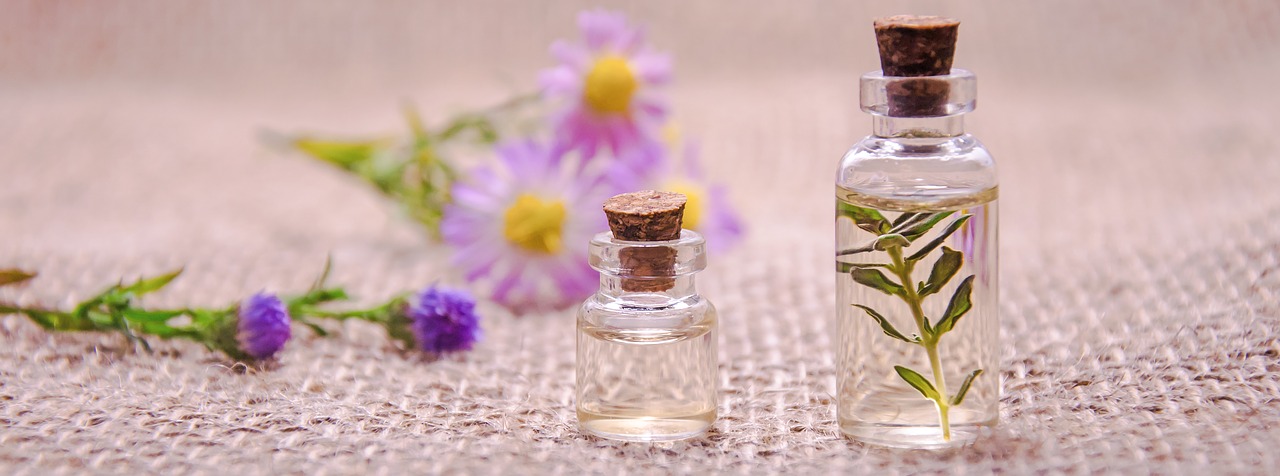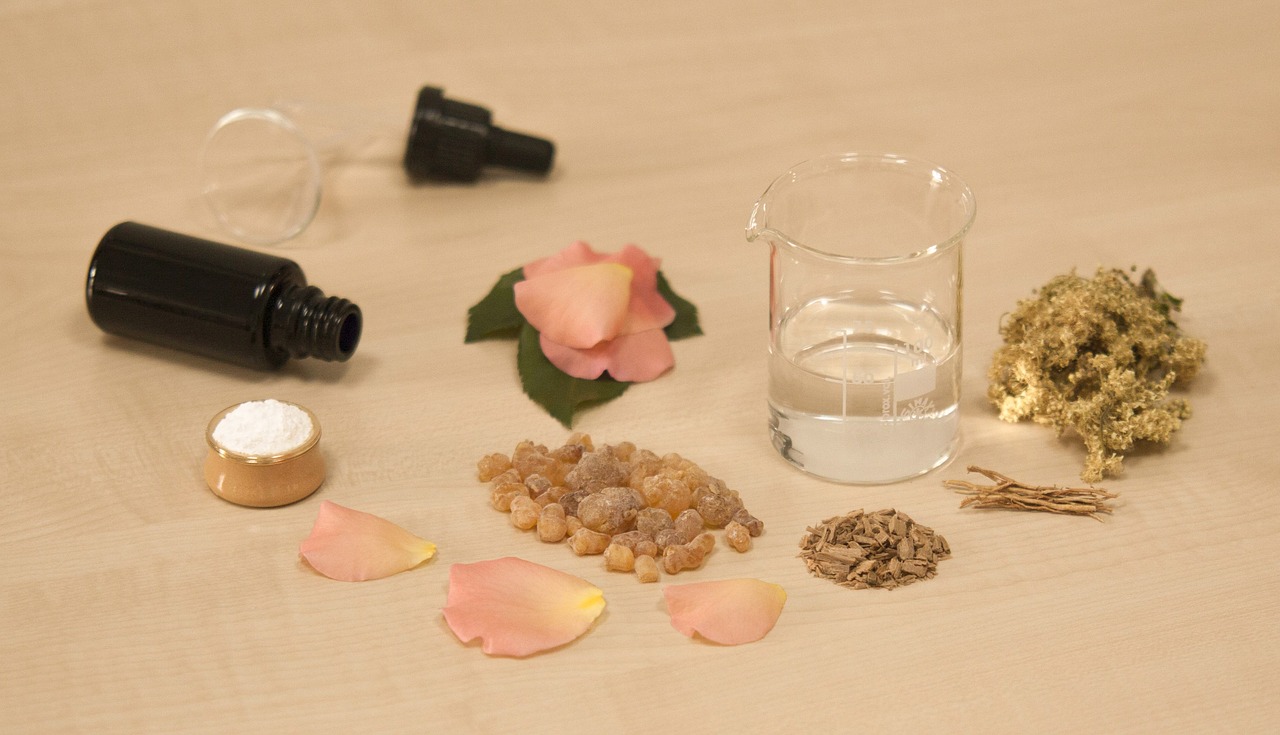Take a moment to marvel at the remarkable sense that allows you to distinguish the perfume’s many complex layers and subtle variations: your sense of smell. Although we often take this precious sense for granted, our sense of smell is so powerful and so intertwined with our moods, memories, and overall health, that it deserves another look. Read on to learn some amazing facts about this remarkable sense.
-
We can detect at least 1 trillion different scents.
The human nose is an impressive organ. According to a recent study conducted by researchers at Rockefeller University and published in the journal Science, humans are capable of detecting and distinguishing at least 1 trillion different smells—far, far more than previously believed.

-
Scent cells are renewed every one to two months.
Our sense of smell relies on special nerves located in the olfactory cleft at the top of the nasal cavity. These nerves are known as cranial nerves: a particular type of nerve that emerges from the brain and controls certain bodily functions including hearing, taste, vision, and eye movement. Amazingly, however, the nerves for smell are the only cranial nerves that can regenerate, and they do so every 30 to 60 days.
-
Smell is the oldest sense . . .
The most ancient sense, according to Columbia University clinical psychiatry professor Dr. Dolores Malaspina, is called chemodetection—it’s a way of using smell or taste to detect chemicals. This sense is so old that it’s even found in single-celled organisms, which developed ways to detect, or “smell,” the chemical composition of their environments.
-
. . . and the first sense to develop in humans.
Believe it or not, humans can smell even before they are born—babies in utero enjoy a fully-formed and functioning sense of smell. Smell also plays an important role in early childhood development; many of our most powerful memories are associated with scents we encountered as children.
-
We can’t smell when we are asleep.
While your senses of hearing and touch are still active during sleep, your sense of smell shuts down. A 2004 study from Brown University revealed that when people are in the deep or REM phase of sleep, odors do not rouse or wake them (whereas sounds do). The findings of this study emphasize the importance of having smoke alarms in the home, as we clearly cannot rely on the smell of smoke to wake us in the event of a fire.

-
Smell impacts taste more than you think.
You’ve probably noticed that when you have a cold and can’t smell anything, things don’t taste like much, either. That’s because the smell of food accounts for a whopping 80 percent of its flavor. Indeed, experiments have shown that without a sense of smell, it’s virtually impossible to tell the difference (based on taste alone) between apples, potatoes, and onions.
-
Loss of smell could signal disease development.
In 2014 two different studies presented at the Alzheimer’s Association International Conference revealed that a decrease in the ability to identify scents was associated with an increased likelihood of developing Alzheimer’s. Another study found that loss of smell can also precede the development of Parkinson’s disease.
-
There are seven main smells.
Did you know that smell can be broken down into a number of fundamental components, just like taste? Where taste has sweet, sour, salty, bitter, and umami, smell has musky, putrid, pungent, camphoraceous (a scent similar to mothballs), ethereal, floral, and minty. All scents are thought to be composed of various mixtures of these seven basic “ingredients.”
-
Women have a better-developed sense of smell than men.
As Dr. Dolores Malaspina confirms, every scientific study finds that women are more adept at identifying smells and odors than men. One possible reason for this, according to Dr. Malaspina, could be that the orbital prefrontal region of the brain is more developed in women. A heightened sense of smell in women could also be an evolutionary result of discerning the best possible mates or identifying and bonding with newborns.

-
Smell is the sense we remember best.
Humans can remember smells much longer than they can remember sounds, sights, tastes, or physical sensations. We can accurately remember something we smelled a year ago 65 percent of the time, whereas we can accurately recall something we saw just three months ago only 50 percent of the time.
-
Each human has a distinct, individual odor.
Did you know that every human being has their own “smell fingerprint”? This personalized, individual odor is determined by the same genes that influence your tissue type. (Bonus fact: dogs can distinguish between non-identical twins based on smell, but they can’t distinguish between identical twins.)
-
Freshly baked bread is a common favorite smell.
In 2015 a poll of UK adults revealed that freshly baked bread was the country’s most popular smell. Other smells highly ranked by poll respondents included roses, vanilla, lavender, lemon, orange, and cinnamon.









